Izagirre prepares for voyage in the dark at Tour de France
Bahrain-Merida leader to target the GC for the first time
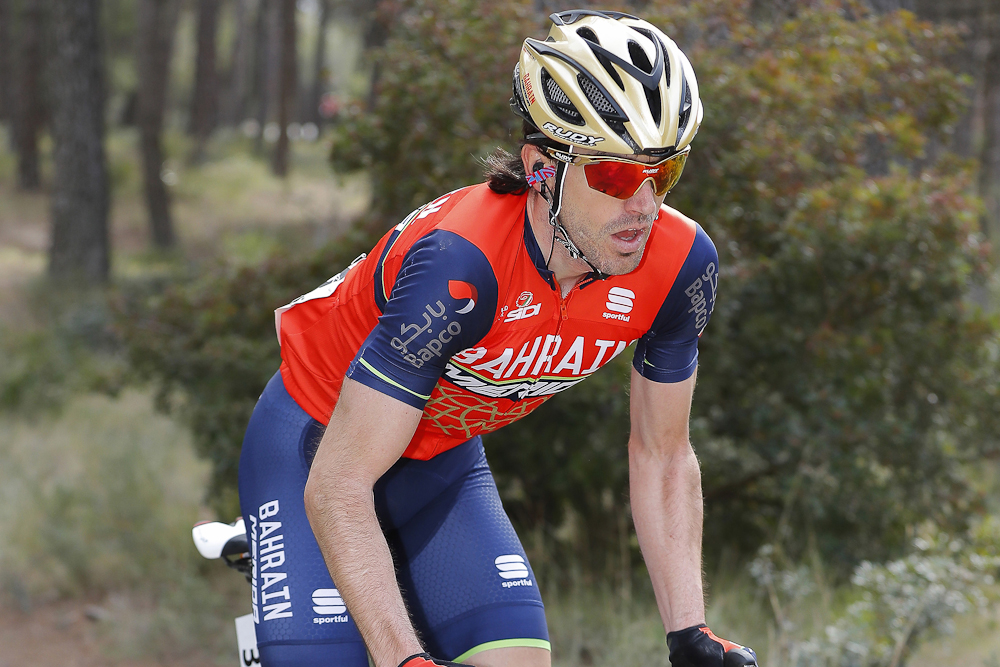
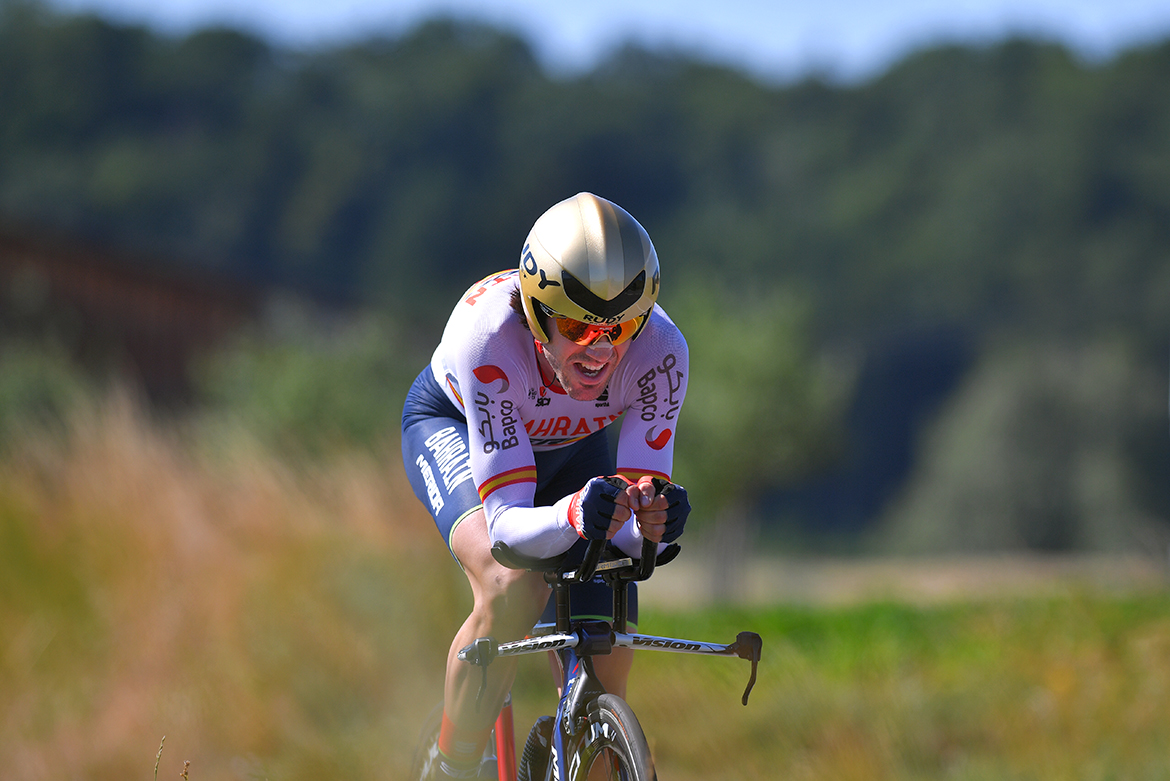
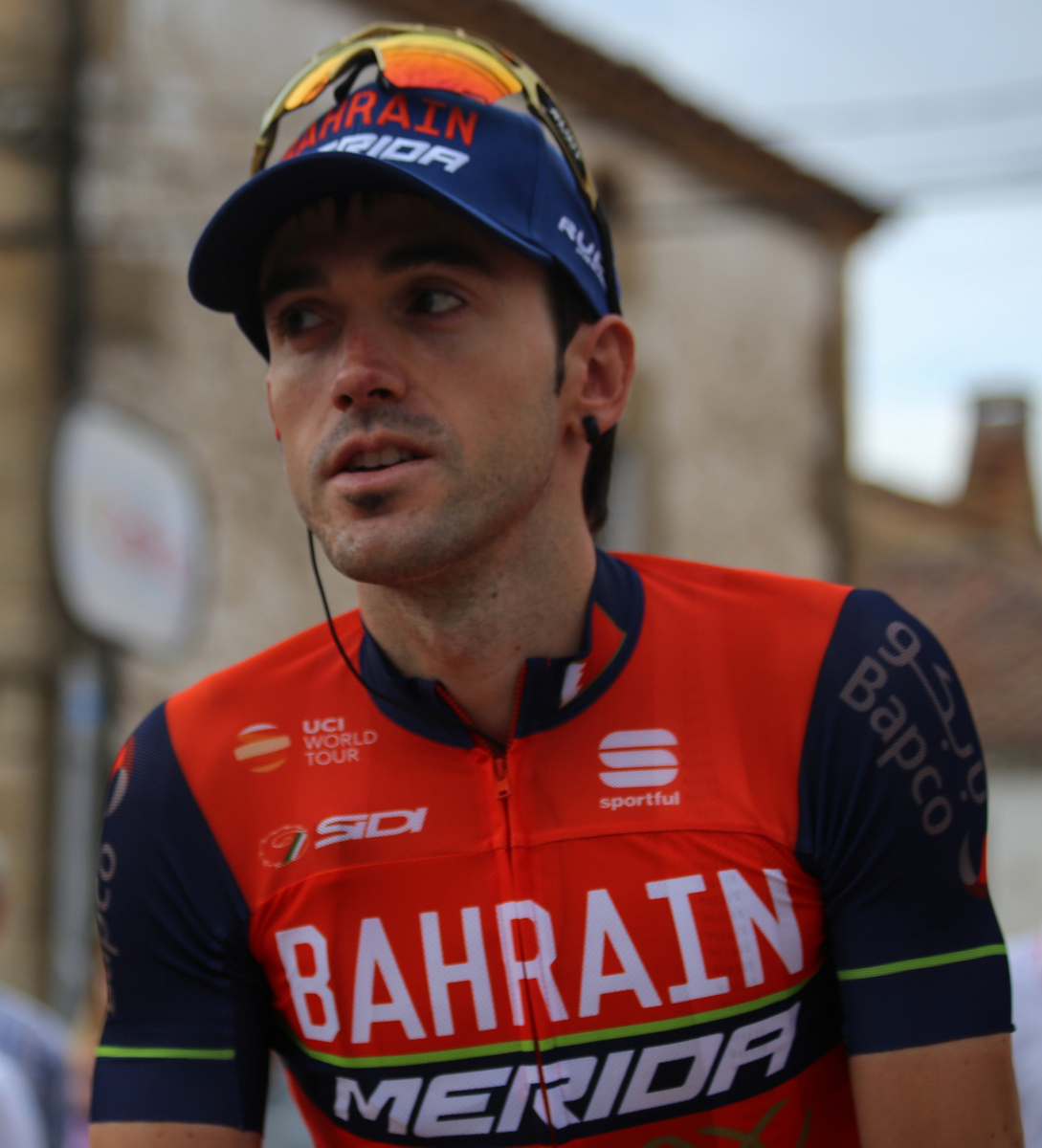
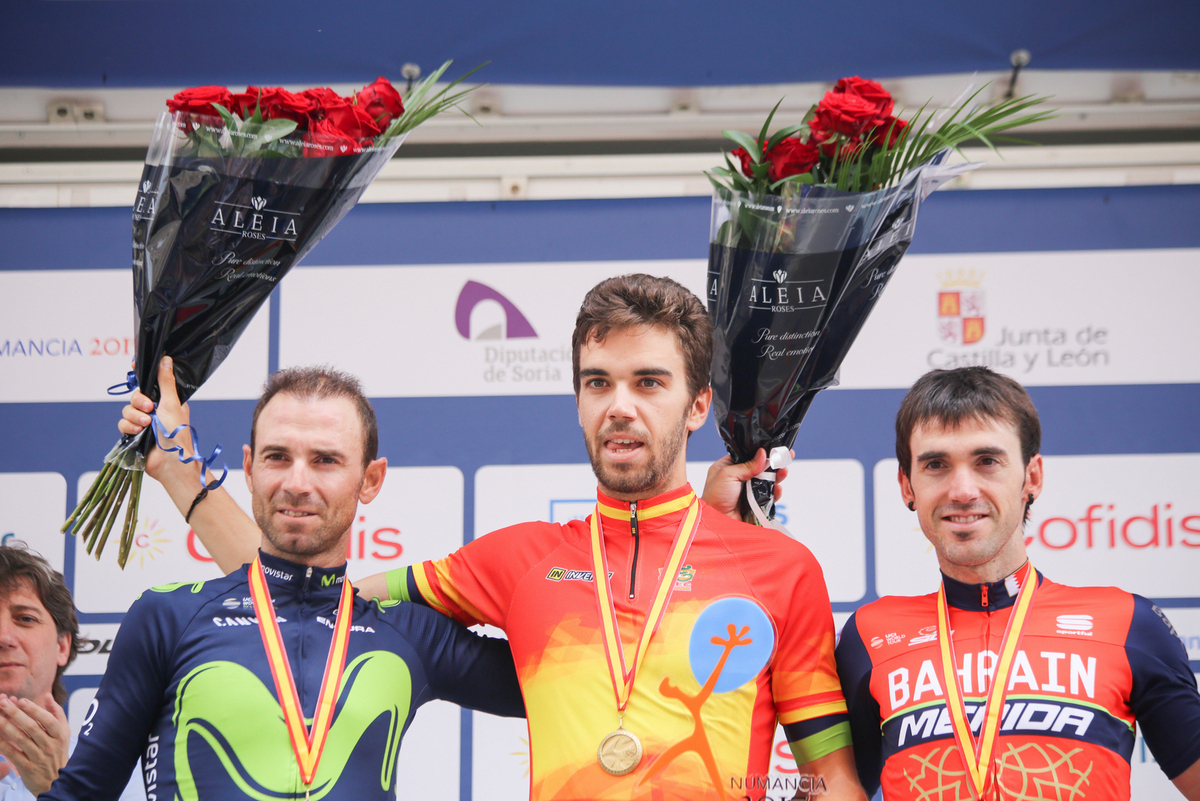
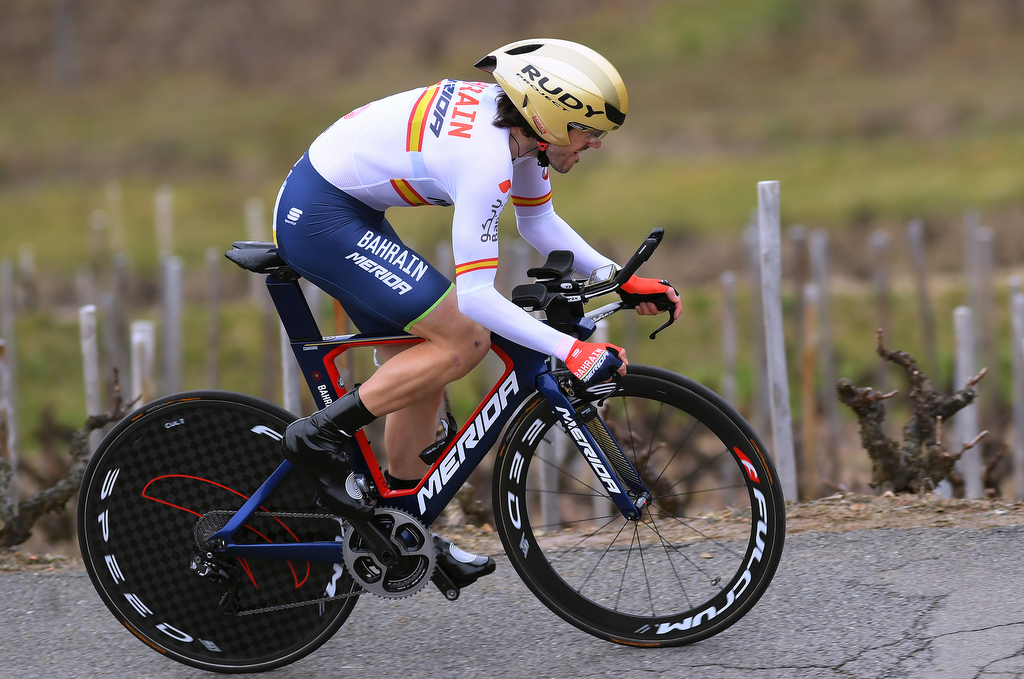
Strange but true: one of the most spectacular battles this season in road-racing took place in the dark, in a tunnel, below the Swiss mountains. When Simon Spilak (Katusha-Alpecin) soloed away on the toughest climb of the Tour de Suisse, the only rider to keep him in even remotely in check was Ion Izagirre (Bahrain-Merida), with their duel taking place in a tunnel at the summit of the Tiefenbachferner glacier in Austria.
Slowly but surely in their underground battle, the Basque rider inched ever closer to the his Katusha-Alpecin rival, finally pegging back an initial gap of over a minute to just 22 seconds at the line. It was a hugely impressive counter-attack and a real show of strength in the high mountains. More importantly, it confirmed that Izagirre would complete his last major preparation race for the Tour de France with rising form, as well an encouraging sixth place overall.
Compared to the tunnels of the Tour de Suisse, the 2017 Tour de France, though, represents a different kind of voyage in the dark for Izagirre.
This season has already represented a lot of new challenges for the 27 year-old Basque rider, with a new team in Bahrain-Merida and a constant role as team leader. Izagirre has never previously had an opportunity to fight for the overall classification at a Grand Tour - in Euskaltel-Euskadi, he was too young and in Movistar he was overshadowed by Nairo Quintana and Alejandro Valverde. Now he faces his first ever battle for overall success at the Tour de France.
Izaguirre admits to Cyclingnews that Tour de France leadership will inevitably involve raised expectations, but thanks to the team's attitude, there won't be too big a hike in pressure on his shoulders.
"It's new, but it's not something that scares me or obsesses me. It's not like the team are making me do the GC, and that's important. Because that way, if it doesn't work out, I can look at other objectives, like stages."
Consistency and results
It's fair to say that Izagirre has a lot of credit already racked up with the Bahrain-Merida team. Whilst much of the media focus has, logically, been on teammate Vincenzo Nibali's efforts in the Giro d'Italia, Izagirre has been his usual consistent self, quietly racking up the results.
Get The Leadout Newsletter
The latest race content, interviews, features, reviews and expert buying guides, direct to your inbox!
He was seventh in Paris-Nice, third in País-Vasco, fifth in Liege-Bastogne-Liege and seventh at the Amstel Gold, as well as fifth in the Tour de Romandie, and sixth at the Tour de Suisse, the latter moving him into the top 10 of the UCI WorldTour rankings and ensuring he remains Bahrain-Merida's only rider in the top 25.
At the weekend, Izagirre took bronze in the road race at the Spanish national championships, the filling in a double Movistar sandwich, given the ‘blues' took four of the top five placings.
"I started off very badly in Suisse, losing four and a half minutes on the first summit finish, but then I turned things around, which is a big boost to the morale for the Tour," Izagirre said of his return to form.
"That climb where I tried to catch Spilak was a very tough one, I knew it well from previous years, and it's 14 kilometres at 10 percent and it finishes very high up. Knowing that helped, even if the speed that Spilak's teammate Rein Taaramae set at the foot of the climb was really tough and I had to ease back a bit.
"Once Spilak had gone, I found my own pace and then attacked, and I could tell I was pretty close to catching him. But that second place showed I still had the legs at least for a stage win."
Going for GC
Rather than hunting for stage victories in the Tour, as he did to spectacular effect last year at Morzine with a downhill, rain-drenched attack, Izagirre will first focus on the overall classification.
"In principle, I'll be looking to go for a top spot on GC. It's not something I've done before, but getting in the top 10 of a GC would be a big result," he said. "At the same time, we'll look how it goes day by day and look at things by the time the race gets to the Pyrenees, see if I'm in a good position to continue to go for the overall or not. If I end up going for stage wins, then that's also very important for the team."
Izagirre says that nobody should read too much into his finishing second at the Tour de Suisse in 2016 and sixth this year as being overly indicative of a drop in form.
"Cycling is never a question of ‘two and two make four'. I know I'm in good shape, whether better or worse than previous years is hard to make out, but I'm in good shape for the Tour. What's different is the mentality I've got for this. In previous years, I've gone in as a domestique and this year is different, it's the difference between working for a leader and being one.
"I've been picking up that role as a leader and getting used to it. But I do know that a leader is nothing without his teammates and they've been doing a good job. It's true this is a bit of a new start, we're all new in this team but little by little we've been getting the hang of working together."
As for the Tour itself, Izagirre says: "Looking at it in general, the first thing that strikes you is that hard climb in the first week [Planche des Belles Filles, stage five] and that there isn't as much time trialling as I'd like. I don't think the time trials are long enough to be that decisive. There's lots of stages which end on descents and that can change the race route a lot, as well as making for a much more nervous race in general. Then there's the usual stress, let's not forget, of getting through the first week."
Izagirre says he has not changed his usual approach path to the Tour in general too much, with week-long stage races and the Classics, and then some altitude training.
The only difference might have been that the team was keen for him to race the Criterium du Dauphine so he would come to the Tour more rested, but Izagirre insisted that he stick to what he knows works for him, and opted instead for the Tour de Suisse.
He has not ruled out taking part in the Vuelta a España - which he has, curiously enough, never raced. Should Vincenzo Nibali, as planned, lead the Bahrain-Merida team, Izagirre's presence could prove an invaluable addition to the team's line-uo. First and foremost, though, comes the Tour.
Alasdair Fotheringham has been reporting on cycling since 1991. He has covered every Tour de France since 1992 bar one, as well as numerous other bike races of all shapes and sizes, ranging from the Olympic Games in 2008 to the now sadly defunct Subida a Urkiola hill climb in Spain. As well as working for Cyclingnews, he has also written for The Independent, The Guardian, ProCycling, The Express and Reuters.
